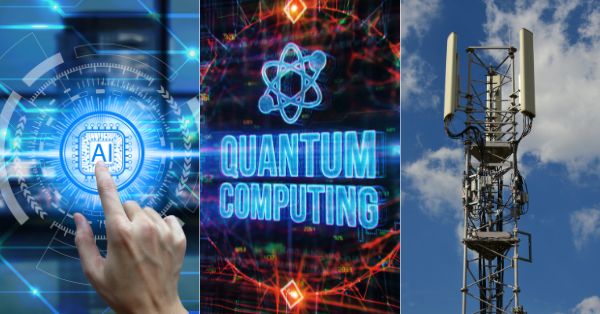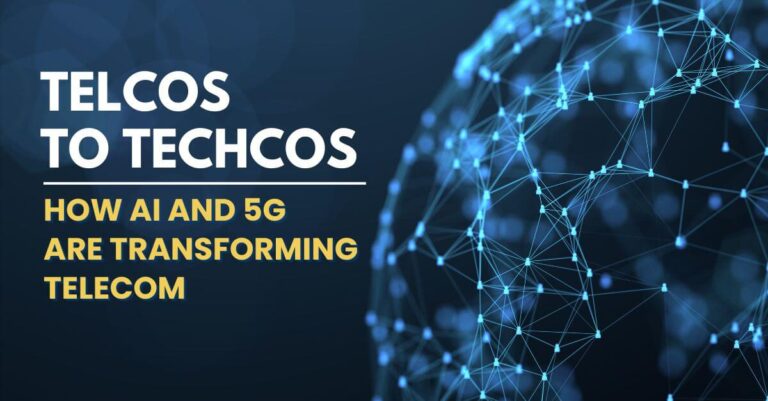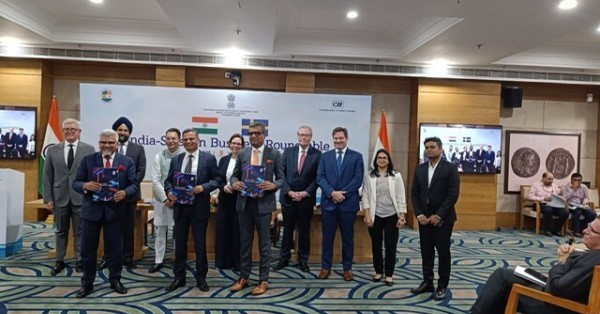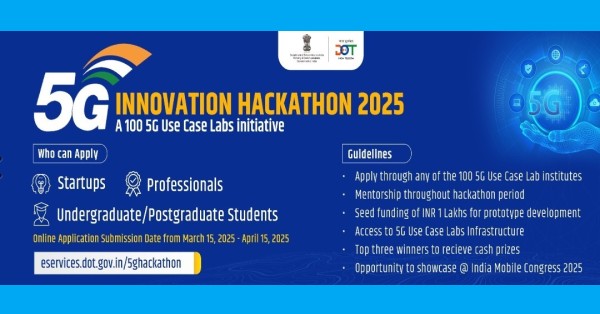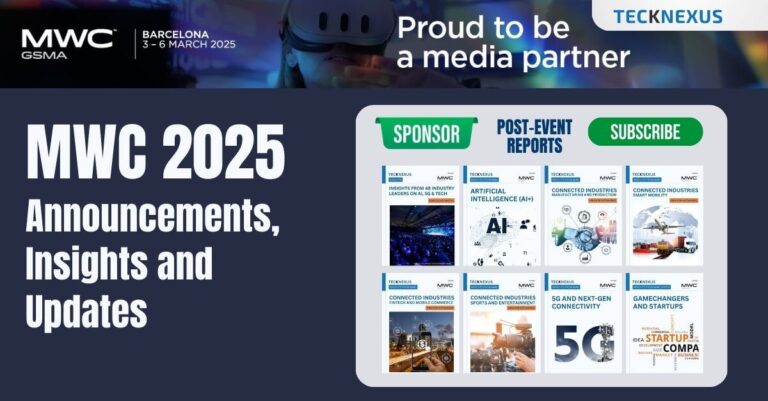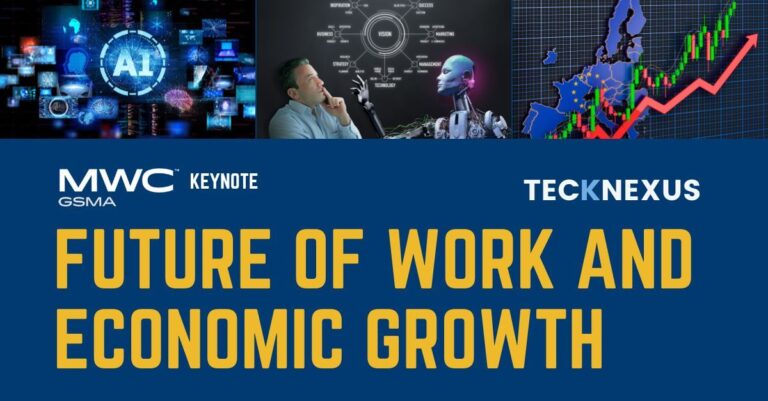The rapid evolution of technological landscapes, especially in the fields of Artificial Intelligence (AI), Quantum Computing, and next-generation connectivity solutions, is setting a new foundation for future innovations. These transformative technologies are pivotal in addressing some of the most crucial challenges and opportunities in today’s digital era, fundamentally altering the way we live, work, and interact.
AI’s Expanding Role in Business, Health, and Sustainability
AI’s influence spans across various sectors, from automating routine tasks to enhancing decision-making processes with predictive analytics. In healthcare, AI algorithms are being used to predict patient outcomes, personalize treatments, and optimize hospital operations. In the financial sector, AI enhances fraud detection and improves customer experience through personalized services. AI also drives advances in autonomous vehicle technology, significantly impacting transportation safety and efficiency.
AI’s role in promoting or hindering workplace diversity is a significant concern. Companies leveraging AI in hiring processes have seen reductions in biases, but the technology’s fairness is heavily dependent on the neutrality of the data it learns from. This dual nature of AI as both a potential equalizer and a divider poses a crucial question: How can we harness AI responsibly to ensure it benefits society inclusively? The answer lies in conscientious development and the implementation of AI systems, ensuring diverse data sets and continuous monitoring for biases.
Moreover, AI’s role in environmental management has begun to surface, with systems designed to monitor deforestation and predict climate change impacts, thus aiding in more informed decision-making for sustainability practices.
Quantum Computing: The Next Frontier in Computational Power
Quantum computing, though still in its nascent stages, promises to revolutionize problem-solving capacities, particularly in fields requiring complex computation like molecular biology, cryptography, and climate modeling. The power of quantum computers to process vast amounts of data at unprecedented speeds offers a glimpse into solving previously intractable problems. For example, quantum algorithms could dramatically speed up the discovery of new pharmaceuticals by simulating molecular interactions at a level of detail far beyond what is possible with classical computers.
However, the development of quantum technologies also necessitates advancements in quantum safety and ethics. As these computers become more mainstream, ensuring the security of data and mitigating potential risks associated with quantum computing will be paramount. The implications for cryptography are profound, as traditional encryption methods could become obsolete, prompting a need for quantum-resistant cryptography. This scenario underscores the urgency for cryptographic innovation that can withstand the capabilities of quantum technology.
Next-Generation Connectivity: Enabling a Fully Connected World
The rollout of 5G and the anticipated introduction of 6G are set to further enhance connectivity across the globe. These technologies promise high-speed data transfer, reduced latency, and increased connection density, facilitating more innovative services and seamless communication. Next-gen connectivity not only supports the proliferation of IoT devices but also enables new modalities of remote interactions, be it in telemedicine, remote work, or virtual reality.
However, the challenge remains to ensure equitable access to these advanced networks across different regions, preventing a digital divide that could exacerbate existing inequalities. For rural and underserved communities, the deployment of these technologies could represent a significant leap forward in access to digital resources and services, thereby fostering greater economic and social development. The potential to transform educational access through enhanced connectivity ensures that students in remote areas can receive the same quality of education as those in urban centers, bridging the educational gap significantly.
Integrating AI, Quantum Computing, and Connectivity for Sustainable Development
The convergence of AI, quantum computing, and next-gen connectivity has the potential to drive significant societal and environmental benefits. AI can optimize energy consumption in urban areas by managing traffic flows and public transport systems more efficiently. Quantum computing can accelerate the development of new materials for clean energy technologies, potentially reducing greenhouse gas emissions and enhancing energy storage solutions. Enhanced connectivity can improve access to education and healthcare services globally, creating more equitable opportunities for learning and well-being.
To fully realize these benefits, a collaborative approach involving policymakers, business leaders, and the scientific community is essential. This includes crafting policies that promote technological innovation while ensuring ethical standards and fostering an inclusive digital economy. Moreover, public awareness and education on the benefits and risks associated with these technologies will play a crucial role in their adoption and regulation.
Charting a Responsible and Inclusive Path to Tech Innovation
The future shaped by AI, quantum computing, and next-generation connectivity holds immense possibilities. However, as these technologies continue to evolve, the focus must not only be on innovation but also on ensuring these advancements lead to equitable and sustainable outcomes for all. By embracing a holistic approach to technology development and implementation, we can create a more inclusive and prosperous future.


